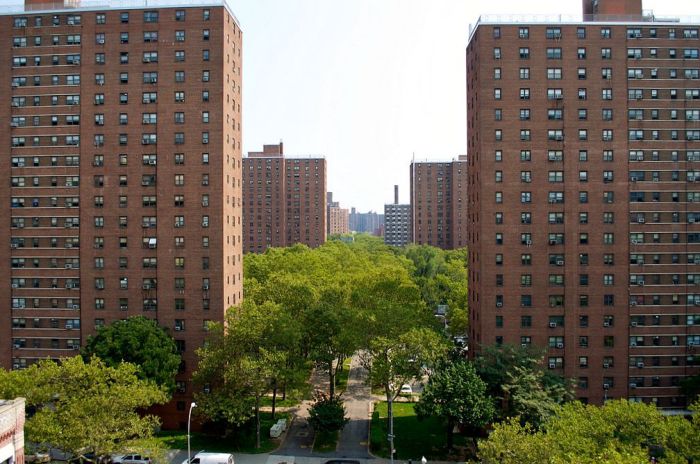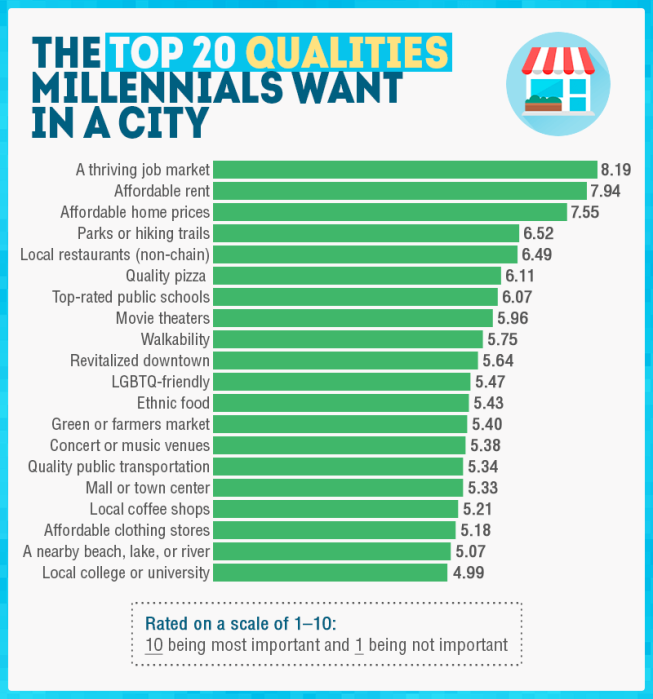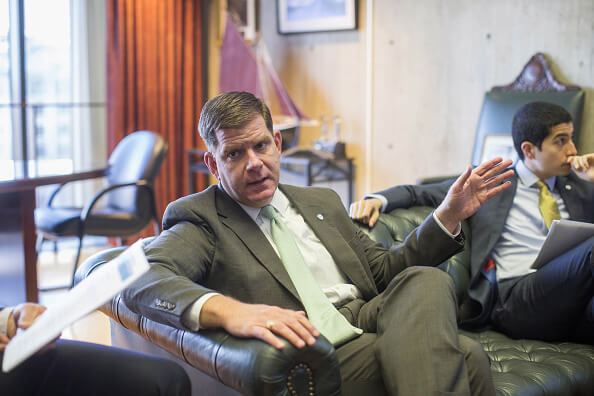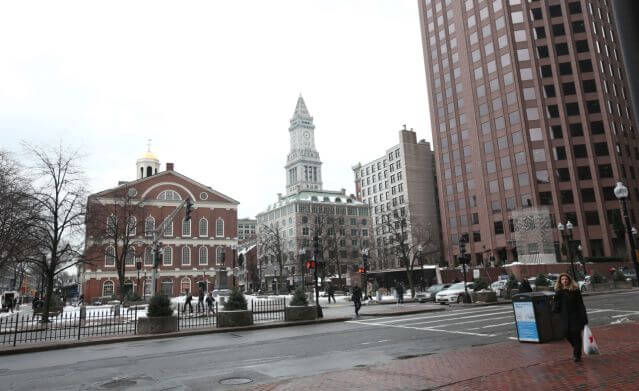New York City’s top cop said the NYPD is working with city attorneys to reexamine laws related to how officers can enforce laws on homelessness.
In an interview with Metro New York on Wednesday, Bratton said he was in talks with the city’s Law Department and Corporation Counsel Zach Carter, “reviewing existing laws and interpretations of those laws.” RELATED:Homeless cleared out ahead of papal visit not just for pope, Bratton says Whatever those reinterpretations might look like, advocates for homeless and police alike expressed concern over the implications.
“We’re talking with the Corporation Counsel Zach Carter about taking a fresh look at some of the laws or interpretations of the law in the last 20 years that have mitigated officers taking action they’ve taken for many years,” Bratton told Metro. “The technicalities of those laws are mind-blowing,” he added.
A spokesman for the Law Department declined to comment on any discussions between it and NYPD representatives.
RELATED:Homeless advocates have high expectations of de Blasio, NYPD during papal visit “What’s mind-blowing is they’re harassing and ticketing homeless people — they’re already down,” said Jason Grimes, a member of advocacy group Picture the Homeless.
“They’re wasting time, resource and money policing people who shouldn’t be policed,” Grimes, 34, added. “Our city officials should be smarter than this.”
Last week, Bratton announced a special unit with training specific to the needs to the corner of 125th Street and Lexington Avenue, which in recent weeks has become symbolic of the city’s struggle with homeless New Yorkers camped out in public areas. Bratton made sure to explain the officers will be trained to proactively work with mentally impaired individuals, many of whom are sent to psychiatric care, as well as substance abusers and those who generally refuse social services. RELATED:De Blasio: Giuliani ‘delusional’ on homelessness record The commissioner did not indicate which specific laws might be reinterpreted in cases where people refuse treatment or relocation.
Instead, he pointed to certain discrepancies between laws against loitering, disorderly conduct or sleeping in parks versus sidewalks, offenses that can earn anything from a warning to a misdemeanor charge. “As I’m looking at them, I think there’s more wiggle room than we may have had in the past,” Bratton said.
Sergeants Benevolent Association President Ed Mullins agreed that enforcement of homelessness comes with a lot of gray areas, but called reinterpretations of laws a temporary and political solution. RELATED:Work begins in Village on Bea Arthur Residence for LGBT homeless youth “I think the outreach is good, but coming from law enforcement — I don’t know if that’s really our role,” said Mullins, whose group earlier this year asked officers and New Yorkers to submit photos of homeless around the city to the SBA’s Flickr account. Still, Mullins referred the city’s longtime legal woes on stop-and-frisk, adding that homelessness is at the end of the day “not a law enforcement problem” and demanded more accountability from other city agencies better suited to help. “If you’re asking me to take a person off the street because they have cardboard on top of them instead of under them, I’m not doing it,” Mullins said. “That’s reaching, and this is where we get in trouble with the law.” Longtime civil rights attorney Norman Siegel agreed, and said NYPD might open itself up to lawsuits by redefining statutes.
“The better course is to sit down with advocates and figure out how existing laws can helpget people off the streets,” he said.
Even as NYPD has begun to send some homeless to medical facilities and psychiatric wards instead of arresting them, Siegel warned police are vulnerable to lawsuits when individuals are determined to be not a threat to themselves or others. “The law is supposed to balance the public interest and individual rights, and homeless people do still have civil rights,” Siegel said. “Rather than tinkering with the law, why don’t we all work together to realistically ameliorate the situation?”
NYPD in talks with city attorneys to reexamine homeless laws: Bratton
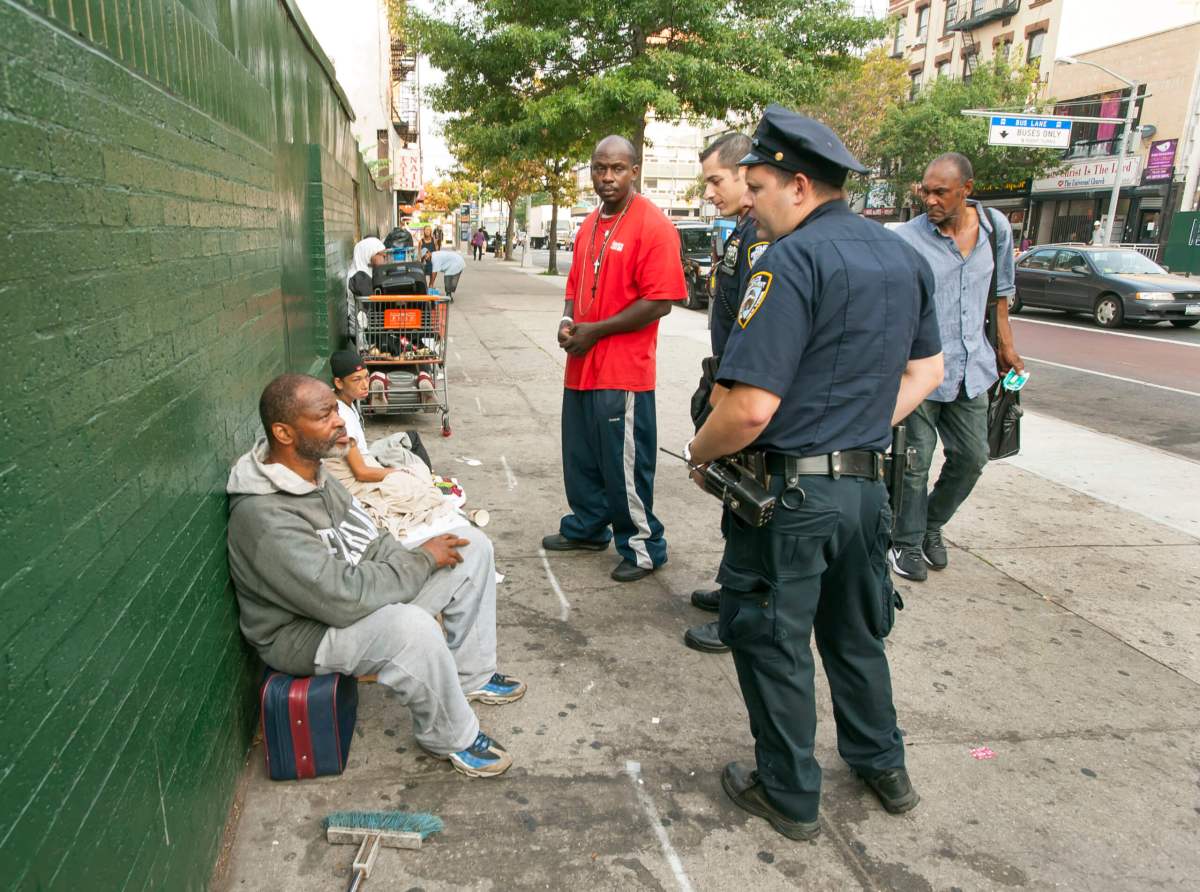
David McGlynn











